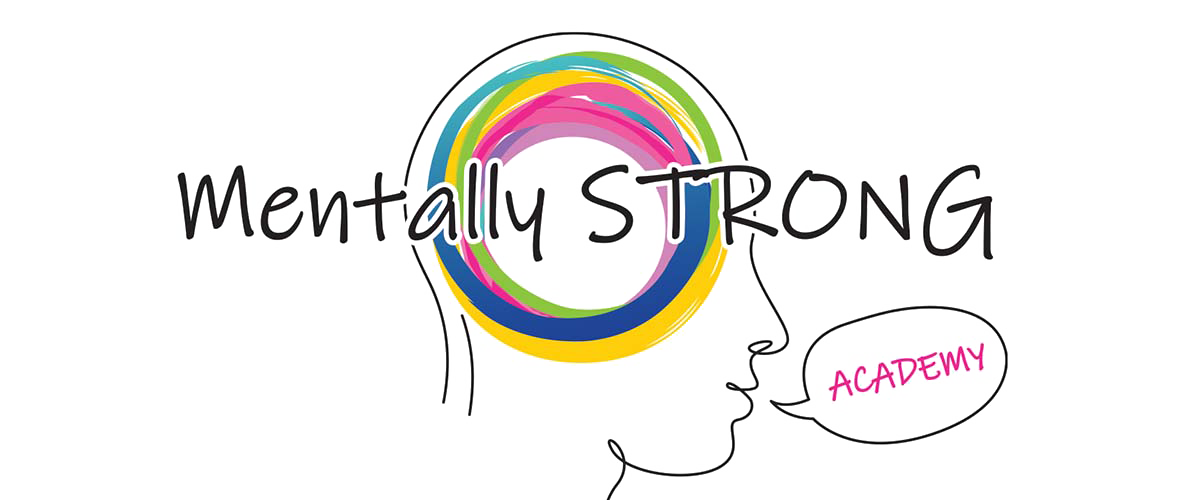ADHD in Children: Symptoms & Treatment
ADHD is the most common diagnosis in children today. It is important to understand the differences between neurotypical children and those with Attention-Deficit Hyperactivity Disorder (ADHD). ADHD in children is often misunderstood—but we are here to break down this misconception. Read on to learn more about the symptoms & treatment of ADHD in Children.
How is ADHD in Children Diagnosed?
While there is no one set test for ADHD in children, there are many considerations within diagnosing ADHD in children. For example, it is critical that all other possible diagnoses are ruled out. This may include depression or any host of other diagnoses with similar symptoms. In addition, when diagnosing ADHD in children, it is critical that symptoms are displayed in more than one location. This means that if a child is having difficulty paying attention at school but is capable of focusing at home it does not constitute an ADHD diagnosis.
Dr. B explains ADHD in Children: Symptoms & Treatment
What are the symptoms of ADHD in Children?
The symptoms of ADHD are broken down into two behavioral indicators of inattentiveness and hyperactivity and impulsiveness. These behaviors generally present themselves before the age of six. To receive an ADHD diagnosis, children must display multiple characteristics from both sets of symptoms. However, ADD (Attention Deficit Disorder), a diagnosis more prevalent in girls, presents only inattentive symptoms sans the hyperactivity that characterizes ADHD.
Inattentive Symptoms Include:
- Short attention span
- Forgetfulness
- Unable to focus
- Difficulty organizing tasks
Hyperactivity and Impulsiveness Symptoms Include:
- Fidgeting
- Unable to wait their turn
- Being unable to sit still
- Excessive physical movement
- Interrupting
Childhood ADHD Treatment
Treatment for ADHD can vary widely and is often a collaboration between parents and their child’s healthcare provider. Generally, the most common treatments include behavior modification and, in moderate to severe diagnoses, medication. Stimulant drugs are the most commonly provided medication for children suffering from ADHD.
These drugs are available in short and long-acting forms and can help reduce the symptoms of ADHD in children and allow them to be more attentive and less hyperactive.
How Can The Mentally STRONG Method Help Us?
Through the Mentally STRONG Method, children with ADHD are able to undergo cognitive behavioral therapy and may be prescribed medication if deemed necessary. Children that are treated for ADHD are able to reach their full potential.
Register for The Mentally STRONG Method as your first step!


